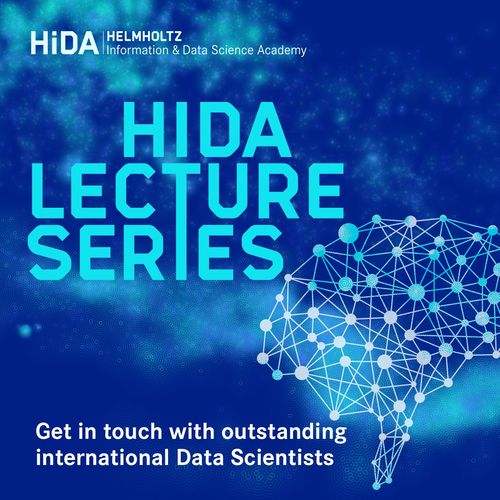Throughout the year, HIDA, the six Data Science Schools, and other partners invite outstanding international Data Scientists to speak about their current research.
Energy, Earth and Environment, Health, Information, Matter, as well as Aeronautics, Space and Transport - The HIDA Lectures cover a wide range of topics and offer the opportunity to dive into the diversity of current approaches in Data Science.
We cordially invite the interested public to attend these lectures and especially doctoral researchers from the Helmholtz Association. Discuss with international researchers about different application fields of Data Science and gain insights into the diverse activities of the Schools, our partners, and HIDA.
All events of the series are open to the public.
Watch again: Past HIDA Lectures
- Synergies between mechanistic and data-driven models in medical research Learn more
-
Towards AI-Based Precision Neurology Learn more
-
FAIR clinical IT-infrastructure for the virtual human twin Learn more
-
The future of governing equations Learn more
-
On Learning-Aware Mechanism Design Learn more
-
The Era of High-Resolution, Integrated Multi-Omics Learn more
-
Data-Driven Inertial Sensing Learn more
-
The Data Donation Project Learn more
-
Machine-Learning-Model-Data-Integration for a Better Understanding of the Earth System Learn more
-
AI-enabled Imaging Learn more
-
Data Science for Supporting Molecular Tumor Boards Learn more
-
Machine Learning for Scientific Discovery, with Examples in Fluid Mechanics Learn more
-
TARS: Few-Shot Learning for Natural Language Processing Learn more
-
Quantum Machine Learning in Chemical Compound Space Learn more
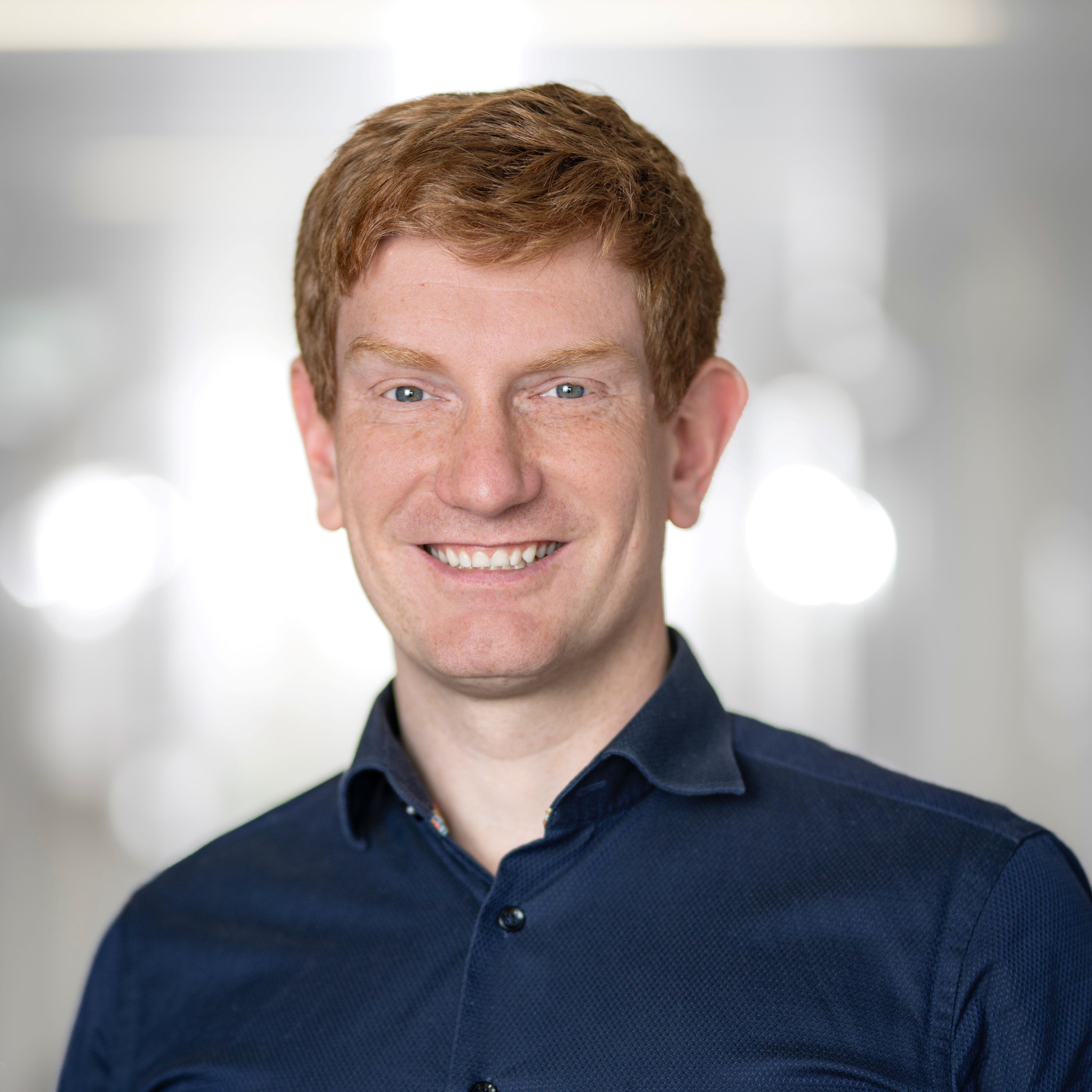
Speaker: Axel Loewe
Axel Loewe
Axel Loewe is heading the Computational Cardiac Modeling Group at Karlsruhe Institute of Technology in Germany.
He is an electrical engineer specialized on biomedical engineering and his research revolves around the development and use of mathematical models of cardiac function including electrophysiology and biomechanics.
HIDA Lectures @ HIDSS4Health: Synergies between mechanistic and data-driven models in medical research
Date: 20.11.2024
Abstract:
Machine learning has made remarkable progress, yet its adoption in medicine remains constrained. The "big data but small data" paradox underscores critical issues: legal, ethical, and technical barriers often render data inaccessible, while standardization and curation are frequently lacking. Additionally, large-scale, high-quality labeled datasets are rare, and biased datasets raise concerns about fairness and the comprehensiveness of algorithmic insights.
This lecture examines how computational modeling and mechanistic simulations can mitigate these challenges through integration with machine learning. It will feature a mechanistic multiscale model of cardiac electrophysiology, the large-scale creation and validation of synthetic data such as ECG signals, and examples where synthetic data improved or even substituted real-world data in machine learning model training.
.

Speaker: Holger Fröhlich
Holger Fröhlich
Prof. Dr. Holger Fröhlich holds a PhD in Computer Science, specializing in Artificial Intelligence. After postdoc roles at the German Cancer Research Center and Cellzome AG (now part of GlaxoSmithKline), he became an associate professor at the University of Bonn in 2010. In 2015, he joined UCB as Director of an AI and Data Science team. Since December 2019, he has led the AI & Data Science group and serves as Deputy Head of Bioinformatics at Fraunhofer SCAI. He also teaches as an honorary professor at the University of Bonn.
His work focuses on applying AI and machine learning to biomedicine, particularly in drug discovery, precision medicine, and clinical trials.
HIDA Lectures @ HIDSS4Health: Towards AI-Based Precision Neurology
Date: 08.11.2024
Abstract:
Neurodegenerative diseases (NDDs) are on the rise worldwide, particularly in developing and emerging countries. Their mechanisms are under-researched, and the first pathological changes often precede the onset of symptoms by years, making it difficult to make an accurate diagnosis without specialised facilities.
The lecture highlights how data-driven assistance systems could improve the early detection and treatment of such diseases.
The development of an AI-supported digital twin is presented using examples, followed by a discussion of current challenges and future prospects, particularly in the context of the newly funded EU graduate school ‘AI for Parkinson's Disease (AIPD)’.
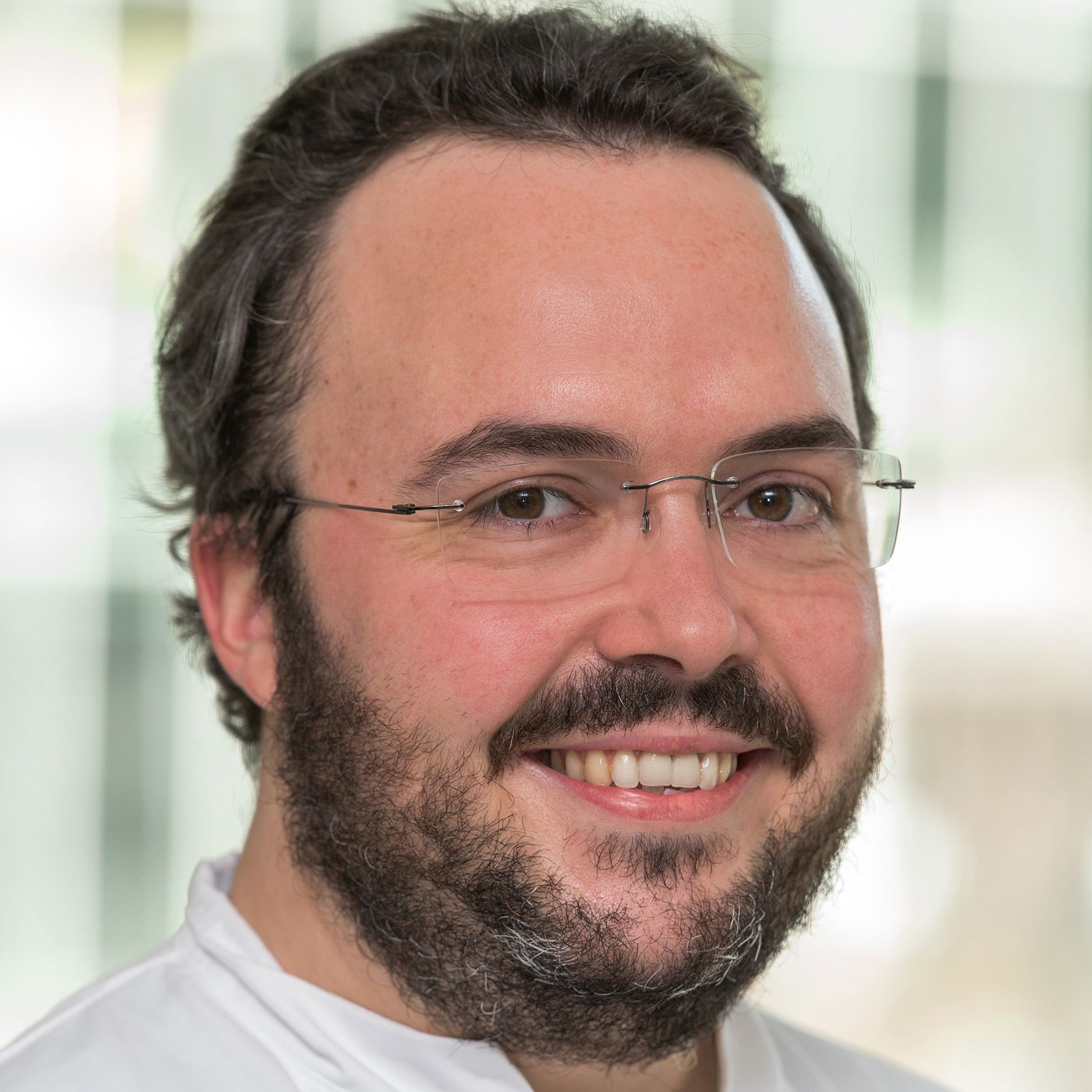
Speaker: Christian Niklas
Christian Niklas
Christian Niklas is a clinical anaesthetist, as well as a postdoctoral researcher in medical informatics at Heidelberg University Hospital.
With a background in electrophysiology he moved to computational physiology and ended up in data integration for the clinical realm. His current research is focussed on semantic and syntactic interoperability for high resolution real-world data, as well as numerical modelling.
HIDA Lectures @ HIDSS4Health: FAIR clinical IT-infrastructure for the virtual human twin
Date: 30.10.2024
Abstract: This talk delves into how the FAIR principles—Findability, Accessibility, Interoperability, and Reusability—can strengthen clinical IT infrastructure to advance the Virtual Human Twin (VHT) concept in medicine. Christian Niklas will underscore the role of data integration, stressing the need for interdisciplinary collaboration and addressing the challenges of accessing clinical data to build personalized patient models. Applying the FAIR principles is essential to maintaining trust and reproducibility in medical research, with real-world examples illustrating successful integration efforts.
The presentation will cover the technical challenges of connecting, storing, and integrating medical data within highly regulated and technologically complex environments, focusing on advanced storage solutions and semantic web technologies. With an emphasis on creating a sustainable, interoperable IT infrastructure in secure data spaces, the talk aims to bridge clinical practice and computational modeling. Ultimately, the goal is to advance personalized and systems medicine through collaboration among a wide array of stakeholders.
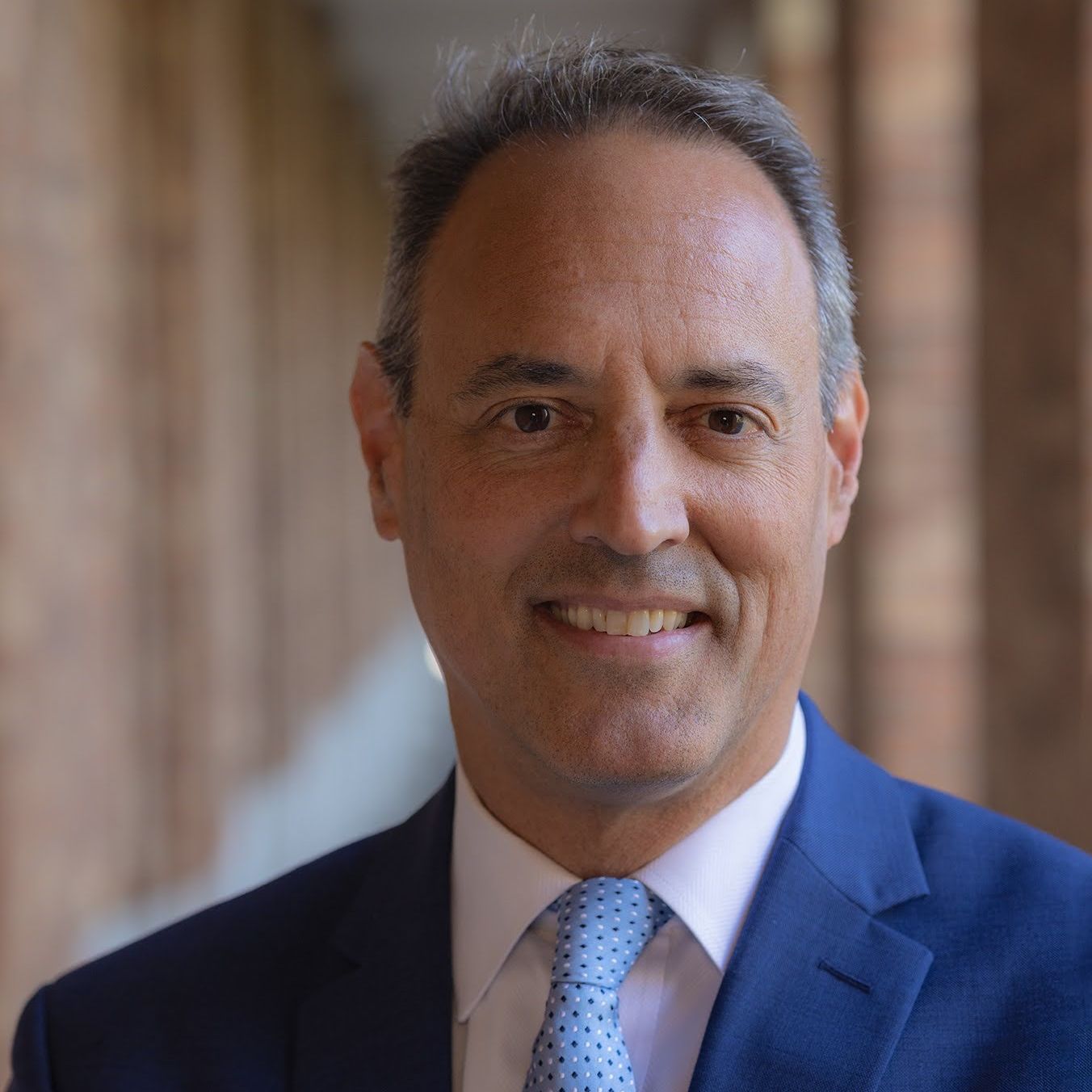
Speaker: Nathan Kutz, University of Washington
Nathan Kutz
Nathan Kutz is the Yasuko Endo and Robert Bolles Professor of Applied Mathematics and Electrical and Computer Engineering at the University of Washington, having served as chair of applied mathematics from 2007-2015. He is also the Director of the AI Institute in Dynamic Systems (dynamicsAI.org).
He received the BS degree in physics and mathematics from the University of Washington in 1990 and the Phd in applied mathematics from Northwestern University in 1994.
He was a postdoc in the applied and computational mathematics program at Princeton University before taking his faculty position. He has a wide range of interests, including neuroscience to fluid dynamics where he integrates machine learning with dynamical systems and control. During the academic year 2023-2024, he will be a visiting professor at Imperial College London and the Alan Turning Institute.
HIDA Lecture @ HEIBRIDS: "The future of governing equations"
Date: 13.12.2023
Abstract: A major challenge in the study of dynamical systems is that of model discovery: turning data into reduced order models that are not just predictive, but provide insight into the nature of the underlying dynamical system that generated the data.
We introduce a number of data-driven strategies for discovering nonlinear multiscale dynamical systems and their embeddings from data. We consider two canonical cases: (i) systems for which we have full measurements of the governing variables, and (ii) systems for which we have incomplete measurements. For systems with full state measurements, we show that the recent sparse identification of nonlinear dynamical systems (SINDy) method can discover governing equations with relatively little data and introduce a sampling method that allows SINDy to scale efficiently to problems with multiple time scales, noise and parametric dependencies. For systems with incomplete observations, we show that the Hankel alternative view of Koopman (HAVOK) method, based on time-delay embedding coordinates and the dynamic mode decomposition, can be used to obtain a linear models and Koopman invariant measurement systems that nearly perfectly captures the dynamics of nonlinear quasiperiodic systems.
Neural networks are used in targeted ways to aid in the model reduction process. Together, these approaches provide a suite of mathematical strategies for reducing the data required to discover and model nonlinear multiscale systems.

Speaker: Michael I. Jordan, University of California
Michael I. Jordan
Michael I. Jordan is the Pehong Chen Distinguished Professor in the Department of Electrical Engineering and Computer Science and the Department of Statistics at the University of California, Berkeley. He received his Masters in Mathematics from Arizona State University, and earned his PhD in Cognitive Science in 1985 from the University of California, San Diego. He was a professor at MIT from 1988 to 1998.
His research interests bridge the computational, statistical, cognitive, biological and social sciences. Prof. Jordan is a member of the National Academy of Sciences, a member of the National Academy of Engineering, a member of the American Academy of Arts and Sciences, and a Foreign Member of the Royal Society. He is a Fellow of the American Association for the Advancement of Science.
HIDA Lecture @ HDS-LEE: "On Learning-Aware Mechanism Design"
Date: 01.03.2023
Abstract: Statistical decisions are often given meaning in the context of other decisions, particularly when there are scarce resources to be shared. Managing such sharing is one of the classical goals of microeconomics, and it is given new relevance in the modern setting of large, human-focused datasets, and in data-analytic contexts such as classifiers and recommendation systems. Michael I. Jordan will discuss several recent projects that aim to explore the interface between machine learning and microeconomics, including leader/follower dynamics in strategic classification, a Lyapunov theory for matching markets with transfers, and the use of contract theory as a way to design mechanisms that perform statistical inference.
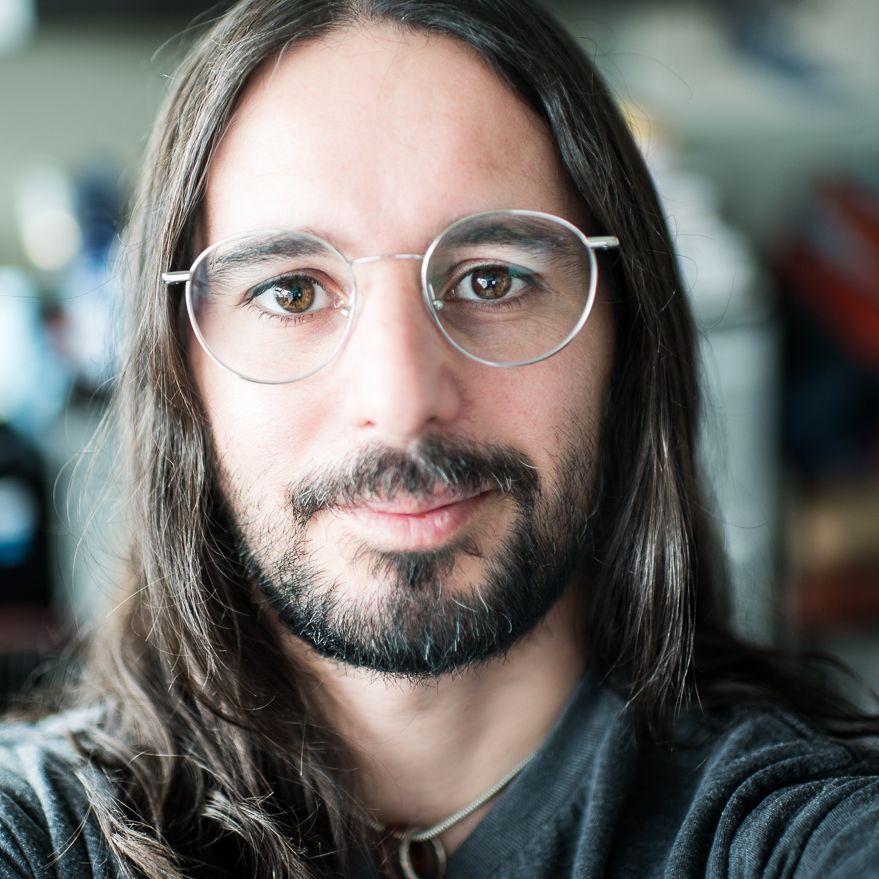
Speaker: Murat Eren, Universität Oldenburg
Murat Eren
Murat Eren is a computer scientist and microbial ecologist who studies microbial lifestyles through integrated multi-omics. Established at the intersection between computer science and microbiology, his group combines state-of-the-art molecular tools and computational strategies to shed light on the ecology and evolution of naturally occurring microbial populations, and to understand strategies by microbial life responds to environmental change and thrive within their ever-changing environments.
HIDA Lecture @ MarDATA: "The Era of High-Resolution, Integrated Multi-Omics"
Date: 10.11.2022
Abstract: The vast majority of life on our planet is microbial. An astonishing number of microbial organisms living in terrestrial and marine habitats represent a biomass that exceeds every living organism that can be seen by naked eye. They complement their numbers with their inconceivable diversity that allow microbes to synthesize or break down a wide array of chemical substrates, and govern biogeochemical cycles that make Earth a habitable planet for much less talented organisms (such as ourselves). While advances in molecular biology and sequencing technologies now enable unprecedented descriptions of the diversity of our naturally occurring microbial overlords, we are far from being able to make sense of the extremely complex datasets our environmental surveys yield almost on a daily basis. The purpose of this talk is to highlight some of the recent progress and challenges that are particularly suitable for data scientists to ponder.
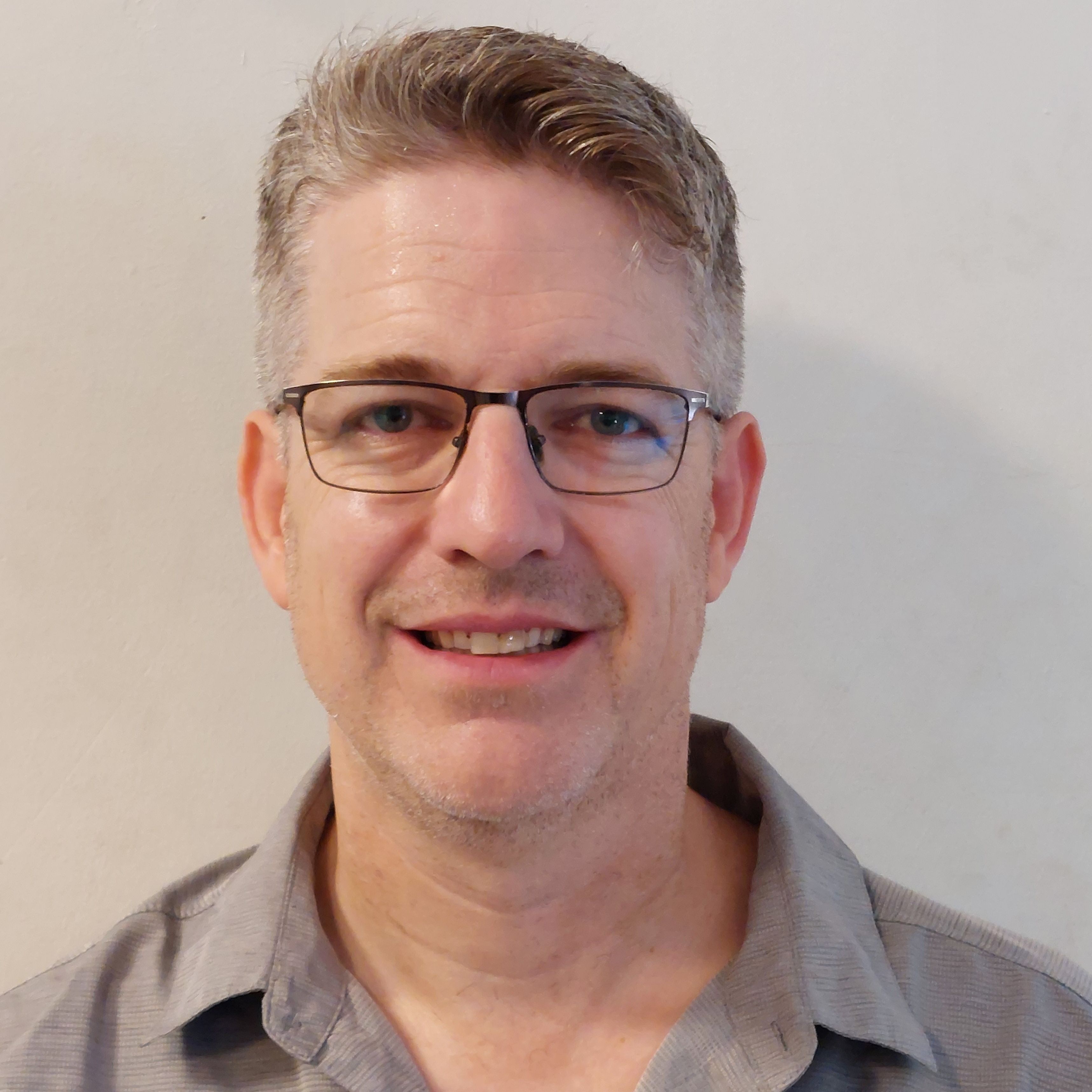
Speaker: Itzik Klein, University of Haifa, Israel
Itzik Klein
Itzik Klein (Senior Member, IEEE) received the B.Sc. and M.Sc. degrees in aerospace engineering and the Ph.D. degree in geo-information engineering from the Technion-Israel Institute of Technology, Haifa, Israel, in 2004, 2007, and 2011, respectively. He is currently an Assistant Professor and the Head of the Autonomous Navigation and Sensor Fusion Laboratory, Hatter Department of Marine Technologies, University of Haifa. His research interests include data driven based navigation, novel inertial navigation architectures, autonomous underwater vehicles, sensor fusion, and estimation theory.
HIDA Lecture @ SummerAcademy: "Data-Driven Inertial Sensing"
Date: 16.09.2022
Abstract: The purpose of navigation is to determine the position, velocity, and orientation of manned and autonomous platforms, humans, and animals. Obtaining accurate navigation commonly requires fusion between several sensors, such as inertial sensors and global navigation satellite systems, in a model-based nonlinear estimation framework. Recently, data-driven approaches applied in various fields show state-of-the-art performance, compared to model-based methods. In this talk, we address data-driven based navigation algorithms, recently derived at the autonomous navigation and sensor fusion lab. The purpose of those algorithms is to enhance common navigation and estimation tasks and open new possibilities for accurate and robust navigation. Data driven inertial navigation topics included in this talk will highlight hybrid learning and end to end learning approaches for different platforms and applications such as: pedestrian dead reckoning with inertial sensors, quadrotor dead recooking, learning vehicle trajectory uncertainty by hybrid models, and autonomous underwater vehicle navigation.
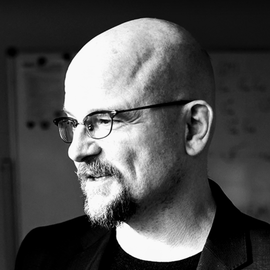
Speaker: Dirk Brockmann, HU Berlin
Dirk Brockmann
Dirk Brockmann is Professor at the Institute of Biology at Humboldt-University of Berlin. Between 2007-2013 he was Professor for Applied Mathematics at Northwestern University. At Northwestern University he was on the faculty of Northwestern’s Institute on Complex Systems where he still holds an external faculty position.
Dirk Brockmann is member of the Institute of Theoretical Biology as well as the Integrated Research Institute for the Life-Sciences at Humboldt University of Berlin. He is also head of the project group Computational Epidemiology at the Robert Koch-Institute, Germany’s federal public health institute.
In 2017 he launched the project Complexity Explorables, a collection of interactive illustration on complex systems that continously expands in examples and is designed for teachers, instructors and people that want to gain an intuitive unterstanding of the beauty of complex dynamical processes in nature.
HIDA Lecture @ HEIBRiDS: "The Data Donation Project - How wearable sensors can help in dealing with the COVID-19 crisis"
Date: 27.04.2022
Abstract: A theoretical physicist by training, Dirk Brockmann research focuses on complex systems at the interface of physics, life sciences and social sciences. He is particularly interested the application of dynamicals systems theory, stochastic processes and network science to infectious disease dynamics and related contagion processes. In this context he is currently investigating dynamical processes on time-dependent networks, complex contagion processes and the emergence of cooperation in evolutionary processes. He is known for his work on human mobility and its role on the global spread of infectious diseases. He talks here about the opportunities of infection disease research like the COVID-19 pandemic in using data from voluntary data donors.

Speaker: Markus Reichstein, MPI for Biogeochemistry, Jena
Markus Reichstein
Markus Reichstein is Director of the Biogeochemical Integration Department at the Max-Planck-Institute for Biogeochemistry. He is Professor for Global Geoecology at the FSU Jena since 2013 and founding Director at the Michael-Stifel-Center Jena for Data-driven and Simulation Science. His main research interests revolve around the response and feedback of ecosystems (vegetation and soils) to climatic variability with a Earth system perspective, considering coupled carbon, water and nutrient cycles. Of specific interest is the interplay of climate extremes with ecosystem and societal resilience. These topics are adressed via a model-data integration approach, combining data-driven machine learning with systems modelling of experimental, ground- and satellite-based observations. He has been serving as lead author of the IPCC special report on Climate Extremes (SREX), as member of the German Commitee Future Earth on Sustainability Research, and the Thuringian Panel on Climate. Recent awards include the Piers J. Sellers Mid-Career Award by the American Geophysical Union (2018), an ERC Synergy Grant (2019) and the Gottfried Wilhelm Leibniz Preis (2020).
HIDA Lecture @ MarDATA: "Machine-Learning-Model-Data-Integration for a Better Understanding of the Earth System"
Date: 24.03.2021, 15:00 Uhr
Abstract: The Earth is a complex dynamic networked system. Machine learning, i.e. derivation of computational models from data, has already made important contributions to predict and understand components of the Earth system, specifically in climate, remote sensing and environmental sciences. For instance, classifications of land cover types, prediction of land-atmosphere and ocean-atmosphere exchange, or detection of extreme events have greatly benefited from these approaches. Such data-driven information has already changed how Earth system models are evaluated and further developed. However, many studies have not yet sufficiently addressed and exploited dynamic aspects of systems, such as memory effects for prediction and effects of spatial context, e.g. for classification and change detection. In particular new developments in deep learning offer great potential to overcome these limitations.
Yet, a key challenge and opportunity is to integrate (physical-biological) system modeling approaches with machine learning into hybrid modeling approaches, which combines physical consistency and machine learning versatility. A couple of examples are given with focus on the terrestrial biosphere, where the combination of system-based and machine-learning-based modelling helps our understanding of aspects of the Earth system.
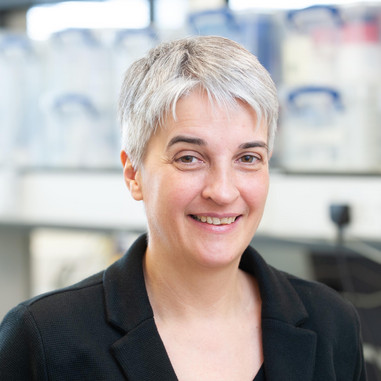
Referentin: Julia A. Schnabel, TU München & Helmholtz Munich
Julia A. Schnabel
Julia A. Schnabel is Professor of Computational Imaging and AI in Medicine at Technical University of Munich (TUM Liesel Beckmann Distinguished Professorship) and Director of a new Institute of Machine Learning in Biomedical Imaging at Helmholtz Center Munich (Helmholtz Distinguished Professorship), with secondary appointment as Chair in Computational Imaging at King’s College London. She graduated in Computer Science (equiv. MSc) from Technical University of Berlin, Berlin, Germany, and was awarded the PhD in Computer Science from University College London, UK. In 2007, she joined the University of Oxford, UK as Associate Professor in Engineering Science (Medical Imaging), where she became Full Professor of Engineering Science by Recognition of Distinction in 2014. She joined King’s College London as a new Chair in 2015, and in 2021 joined TUM and Helmholtz Munich for her current positions. Her research interests include machine/deep learning, nonlinear motion modeling, as well as multimodality and quantitative imaging, for cancer imaging, cardiac imaging, neuroimaging and perinatal imaging. Dr. Schnabel has been elected Fellow of IEEE (2021), Fellow of ELLIS (2019), and Fellow of the MICCAI Society (2018). She is an Associate Editor of the IEEE Transactions on Medical Imaging on whose steering board she serves since 2021, the IEEE Transactions of Biomedical Engineering, on the Editorial Board of Medical Image Analysis and Executive/Founding Editor of MELBA. She currently serves as elected Technical Representative on IEEE EMBS AdCom, as voting member of the IEEE EMBS Technical Committee on Biomedical Imaging and Image Processing (BIIP), as Executive Secretary to the MICCAI board, and as member of ELLIS Health and ELLIS Munich.
HIDA Lectures @ HIDSS4Health: "AI-enabled Imaging"
Date: Feb 23, 2022
Abstract: Artificial intelligence, in particular from the class of machine / deep learning, has shown great promise for applications in medical imaging. However, the success of AI-based techniques is limited by the availability and quality of the training data. A common approach is to train methods on well annotated and curated databases of high-quality image acquisitions, which then may fail on real patient cases in a hospital setting. Another problematic is the lack of sufficient numbers of clinical label annotations in the training data, or example for early markers of disease. In this talk I will present some of our recent approaches in cardiac magnetic resonance imaging (CMR) that aim to address some of these challenges, by using AI as an enabling technique for improved CMR image reconstruction, realistic CMR augmentation and further downstream tasks.
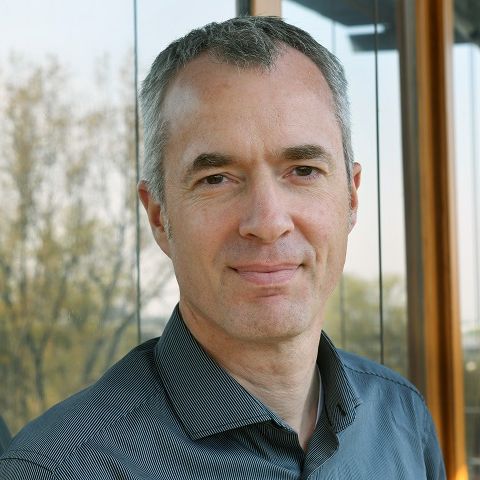
Speaker: Ulf Leser, Humboldt University Berlin
Ulf Leser
Ulf Leser is a full professor at the Institute for Computer Science at Humboldt University Berlin. He obtained his PhD in Data Integration from Technische Universität Berlin. After app. three years in the software industry, he returned to academia as professor for Knowledge Management in Bioinformatics. His main research interests are semantic data integration, text mining, statistical Bioinformatics, and large-scale scientific data analysis. His group not only develops novel algorithms for these tasks but also applies them in a set of highly interdisciplinary collaborative projects for studying concrete biomedical questions, especially in cancer research. He is speaker of the Collaborative Research Center "Foundations of Workflows for Large-Scale Scientific Data Analysis (FONDA)" and of the collaborative research project "Comprehensive Data Integration for Precision Oncology (PREDICT)". From 2014-2019, he was speaker of the Research Training Group "Service-oriented Architectures for Health Care Systems (SOAMED)". Furthermore, he currently is principal investigator in the interdisciplinary graduate schools "Computational Methods for Precision Oncology (CompCancer)“ and “Helmholtz-Einstein International Berlin research school on Data Science“.
HIDA Lectures @ HIDSS4Health: "Data Science for Supporting Molecular Tumor Boards"
Date: 26.01.22
Abstract: Molecular Tumor Boards are interdisciplinary teams of medical experts which come together to obtain therapy recommendations for complex oncological cases. In recent years, these recommendations are more and more based on molecular profiling of tumors, in particular the sequencing of cancer genes followed by the detection of genetic variants. The PREDICT project set out to develop systems and algorithms for supporting such decision-making. We will discuss the main results of this project i.e. (1) VIST, a search engine specifically constructed to find clinically relevant documents given a patient’s variant profile, (2) I-VIS, a framework for building integrated precision oncology databases, and (3) BRONCO, the first open and annotated corpus of German medical texts. Building these systems required advanced NLP technologies, the application of modern machine learning methods, and robust data integration technologies.

Speaker: Steven L. Brunton, University of Washington
Steven L. Brunton
Prof. Dr. Steven L. Brunton is a Professor of Mechanical Engineering at the University of Washington. He is also Adjunct Professor of Applied Mathematics and Computer science, and a Data Science Fellow at the eScience Institute. Steve received the B.S. in mathematics from Caltech in 2006 and the Ph.D. in mechanical and aerospace engineering from Princeton in 2012. His research combines machine learning with dynamical systems to model and control systems in fluid dynamics, biolocomotion, optics, energy systems, and manufacturing. He is a co-author of three textbooks, received the University of Washington College of Engineering junior faculty and teaching awards, the Army and Air Force Young Investigator Program (YIP) awards, and the Presidential Early Career Award for Scientists and Engineers (PECASE).
HIDA Lectures @ HDS-LEE: "Machine Learning for Scientific Discovery, with Examples in Fluid Mechanics"
Date: 07.12.2021, 17 Uhr
Abstract: This work describes how machine learning may be used to develop accurate and efficient nonlinear dynamical systems models for complex natural and engineered systems. We explore the sparse identification of nonlinear dynamics (SINDy) algorithm, which identifies a minimal dynamical system model that balances model complexity with accuracy, avoiding overfitting. This approach tends to promote models that are interpretable and generalizable, capturing the essential “physics” of the system. We also discuss the importance of learning effective coordinate systems in which the dynamics may be expected to be sparse. This sparse modeling approach will be demonstrated on a range of challenging modeling problems in fluid dynamics, and we will discuss how to incorporate these models into existing model-based control efforts. Because fluid dynamics is central to transportation, health, and defense systems, we will emphasize the importance of machine learning solutions that are interpretable, explainable, generalizable, and that respect known physics.
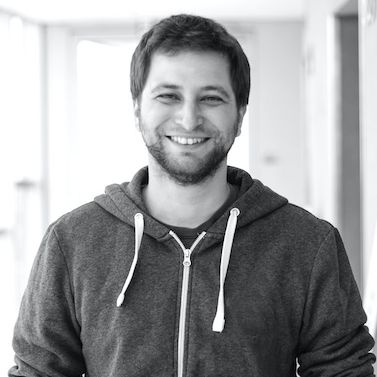
Speaker: Alan Akbik, Humboldt University Berlin
Alan Akbik
Alan Akbik is a professor of machine learning at Humboldt University in Berlin. His research focuses on natural language processing (NLP), i.e., methods that enable machines to understand human language. This includes research topics such as transfer learning, few-shot learning, and semantic parsing, as well as application areas in large-scale text analysis. Akbik's research is operationalized in the form of the open-source NLP framework Flair, which allows anyone to use state-of-the-art NLP methods in their research or applications.
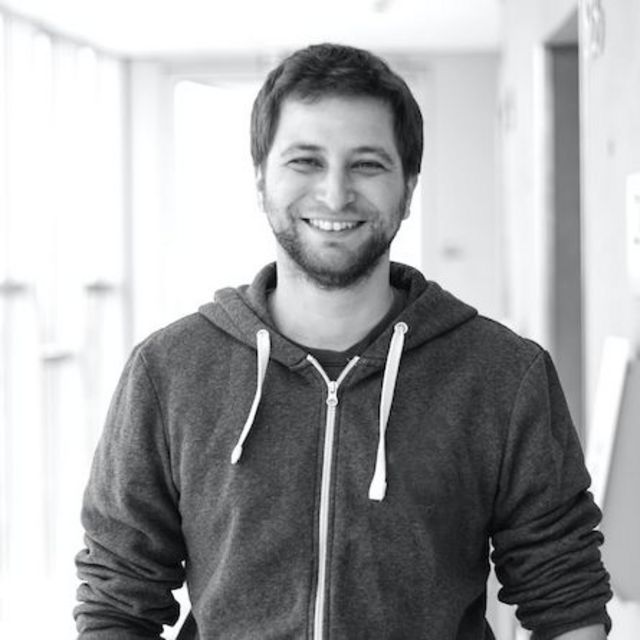
HIDA Lecture @ HEIBRiDS: "TARS: Few-Shot Learning for Natural Language Processing"
Date: June 16, 2021, 16:00
Abstract: Machine learning models for natural language processing (NLP) are typically trained with very large amounts of labeled training data. However, such data is often not readily available and very expensive to produce. In this talk I present TARS, a novel approach in the research area of "few-shot learning" which allows us to train text classification models with little training data - or even none at all! I show how the proposed approach can be applied to a continual learning setup in which a single model learns a number of different tasks in sequence, with the goal of learning all tasks. Finally, I give a brief overview of the Flair NLP framework (https://github.com/flairNLP/flair) we develop in my group together with the open source community, and show how you can use TARS (and other NLP components in Flair) in your own research or industry projects.
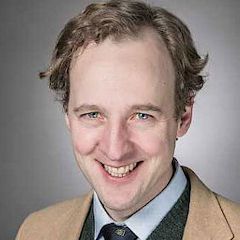
Speaker: Anatole von Lilienfeld, University of Vienna
HIDA Lecture @ DASHH: "Quantum Machine Learning in Chemical Compound Space"
Date: April 15, 2021, 14:00
Abstract: Many of the most relevant observables of matter depend explicitly on atomistic and electronic details, rendering a first principles approach to computational materials design mandatory. Alas, even when using high-performance computers, brute force high-throughput screening of material candidates is beyond any capacity for all but the simplest systems and properties due to the combinatorial nature of compound space, i.e. all the possible combinations of compositional and structural degrees of freedom. Consequently, efficient exploration algorithms exploit implicit redundancies and correlations. I will discuss recently developed statistical learning based approaches for interpolating quantum mechanical observables throughout compound space. Numerical results indicate promising performance in terms of efficiency, accuracy, scalability and transferability.


